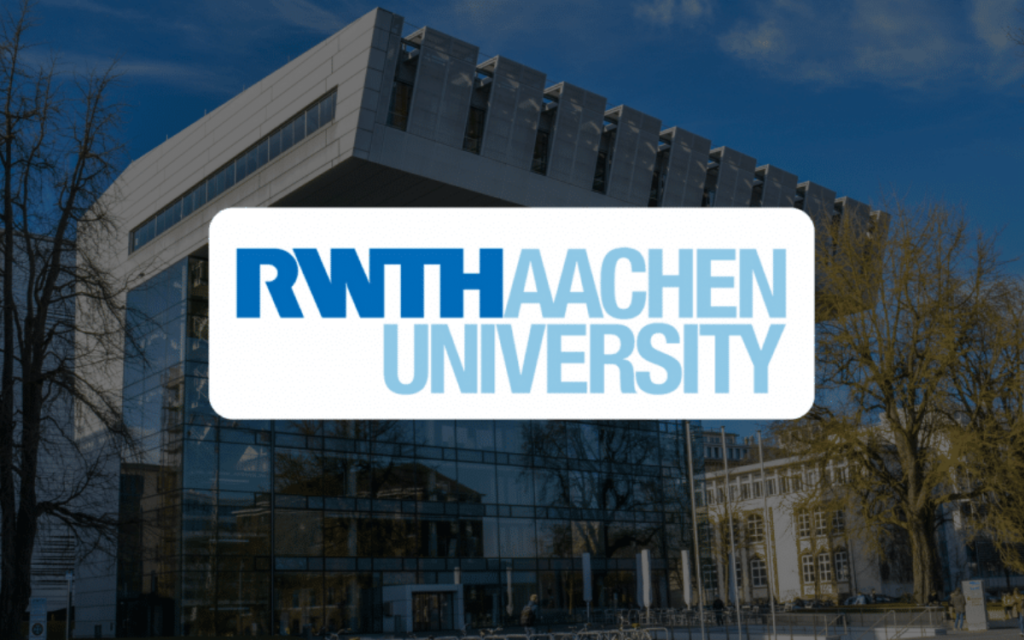RWTH: E.ON and RWTH extend cooperation agreement
E.ON will continue its successful cooperation with RWTH Aachen University and has extended the existing cooperation agreement for a further five years. E.ON board member Dr. Karsten Wildberger and the Rector of RWTH Aachen University, Professor Ulrich Rüdiger.
“With the new cooperation agreement, we will particularly support research projects in the areas of energy and sustainability research, energy system analysis and optimization, smart grids, energy storage, energy efficiency, electrification and digitization. We are concentrating on the E.ON Energy Research Center at RWTH Aachen University (E.ON ERC), but other institutes at Aachen University can and should be involved, ”explained Dr. Wildberger on the occasion of the signing of the contract.
The E.ON ERC emerged from a public-private partnership between industry and science and has set standards in interdisciplinary and networked energy research since it was founded in 2006. E.ON will finance joint research projects with a total of ten million euros over the next five years. In addition, up to half a million euros are used to finance charitable projects. In many cases, the results of E.ON’s research projects are also made available to the general public.
RWTH Rector Professor Rüdiger was also very satisfied with the cooperation so far and is looking forward to five more successful years. “Together with EON, RWTH has been successfully making a significant contribution to the energy transition for 15 years. The cooperation shows what impact we as a university can make in the network with our partners. We have a strong cooperation with E.ON, which we will now use to further shape the energy transition. “
Research is essential for the successful implementation of the energy transition. Examples from electromobility, photovoltaics and storage technology show impressively the progress that has been made in the past 15 years alone. In 2009, the Federal Government set an ambitious cost target of around 300 to 500 euros per kilowatt hour of battery storage capacity (€ / kWh) in the National Electromobility Development Plan. In fact, this value is currently below € 200 / kWh. A good ten years ago, a range specification for electric cars of 120 to 150 kilometers was still considered very ambitious. Here, too, the developers were significantly faster than expected, as a glance at the technical data of numerous modern electric vehicles shows. The considerable increase in the energy density of rechargeable batteries has also contributed to this. It has more than doubled in just a decade. And in photovoltaics, the performance-related system costs are now around a quarter of the comparative value in 2006. Power electronics play a major role in all of these developments. Ever smaller and cheaper components make solutions possible that even well-known experts hardly believed in a decade ago.
RWTH Aachen University and the E.ON ERC, with its seven chairs, were and are directly or indirectly involved in many of these advances. In doing so, the researchers can fall back on a widespread and constantly growing network of scientists from a wide variety of disciplines from all over the world. Because complex challenges such as those associated with the energy transition, for example, can only be mastered with a division of labor.
Professor Rik W. De Doncker, who has been director of E.ON ERC since it was founded 15 years ago, is particularly grateful for the rapid expansion of the infrastructure and the worldwide recognition that the center was able to achieve in a comparatively short time: “Without With the support of E.ON, we could not have set up our energy research center so quickly and made it a successful and important part of the international research community. This applies to the outstanding structural conditions as well as to the intensive cooperation with well-known scientists on all continents. “
The extent to which the E.ON ERC is now being perceived in the national and international energy research landscape can be demonstrated by means of numerous projects. A good example of this is the EU-funded research project Platone, in which E.ON Avacon is developing new strategies for regional power distribution networks as part of the demonstration project “Energy Platform Twistringen”. Platone, in turn, uses the SOGNO platform, which was developed at E.ON ERC and has been identified and recognized by the Linux Foundation Energy as a suitable candidate for a global standard in network automation. The Flexible Electrical Networks research campus sets standards in the further development of distribution networks.
With up to 45 million euros, the BMWi is funding a project in which all institutes of E.ON ERC and numerous other chairs at RWTH Aachen University work in close cooperation with E.ON and other industrial partners on a multidisciplinary basis and work-sharing on the further development and use of direct current technology work in distribution networks. To this end, a powerful medium-voltage direct current research network has recently been put into operation on the Melaten campus of RWTH Aachen University. In the TransUrban.NRW and SmartQuart projects, which are funded by the Federal Ministry of Economics with millions as “real laboratories for the energy transition”, chairs at E.ON ERC are also heavily involved in the consortium led by E.ON. SmartQuart is intended to enable decentralized sector coupling in three differently structured quarters in Essen, Bedburg and Kaisersesch demonstrate. To this end, solutions for energy-optimized buildings are being developed, among other things. TransUrban.NRW has set itself the goal of replacing the classic district heating supply in traditional mining areas, which is often operated with temperatures above 100 degrees, with so-called LowEx networks in order to significantly improve the CO2 balance of cities.

